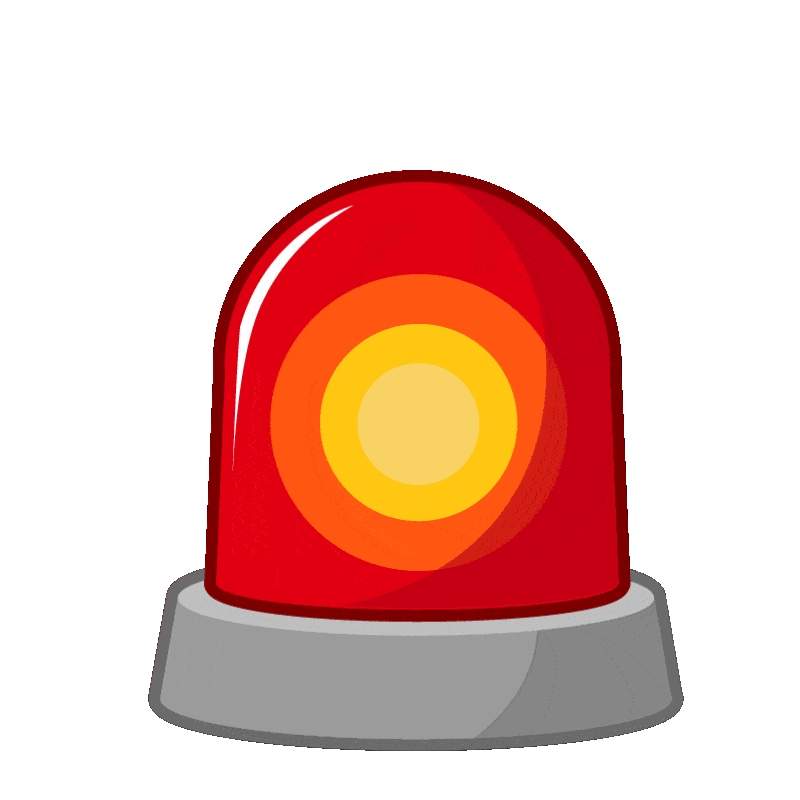Emergency Department
Technology Advancements:
Cardiac Monitor
Portable Ventilator
Defibrillator
Ventilator
Hemodynamic Monitor
Ultrasound System
ED deals with conditions that include
- Cardiac Arrest
- Heart Attack
- Trauma
- Fractures
- Asthma attacks and COPD
- Injuries from accidents
- Pregnancy-related emergencies
- Overdoses
- Mental Illness
- Poisoning & Drug Abuse
- Pediatric and Surgical Emergency
- Gynaecological Emergency
CRITICAL CARE UNIT:
Types of Critical Care Unit:
- Coronary intensive care unit (CCU or sometimes CICU)
- Medical intensive care unit (MICU)
- Surgical intensive care unit (SICU)
- Pediatric intensive care unit (PICU)
- Neuroscience Critical Care Unit (NCCU)
- Overnight intensive recovery (OIR)
- Shock/trauma intensive-care unit (STICU)
- Neonatal Intensive Care Unit (NICU)
- ICU in the emergency department (E-ICU)
- Monitoring
Noninvasive Monitoring
- Vital signs
- Echocardiogram
- Electroencephalography (EEG)
- Electrocardiogram
- Electrolyte disturbances
- Pulse oximetry
- Thoracic electric bioimpedance
Invasive Monitoring
- Arterial line
- Blood draws or venipuncture
- Intracranial pressure monitoring
- Central line and peripherally inserted central catheter (PICC) lines
- Bronchoscopy
- Pulmonary artery catheter
Ambulance Services
Rehabilitation Centers
ED deals with conditions that include
- Cardiac Arrest, Heart Attack, Trauma, Fractures
- Asthma attacks and COPD
- Injuries from accidents
- Pregnancy-related emergencies
- Overdoses
- Mental Illness
- Poisoning & Drug Abuse
- Pediatric and Surgical Emergency
- Gynaecological Emergency
BOOK AN APPOINTMENT
Meet Our Specialists
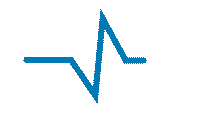

DR. B Kishan Sing
Qualifications: MD, IDCCM, Fellow in ECMO
Occupation: Consultant Critical Care & ECMO Services
Education & Qualifications: • M.B.B.S - 2006,(Andhra Medical College, Visakhapatnam). • M.D -2013-2016 (Degree in Anesthesiology, ASRAMS, Eluru). • CRITICAL CARE REGISTRAR - 2016-2018,Manipal Hospitals, Bengaluru. • ECMO - Fellowship from Riddivinayak Multispecialty Hospital, Mumbai.
Experience: • Working as Assistant Professor of Anesthesiology, Kamineni Academy of Medical Sciences and Research Centre, LB Nagar, Hyderabad. • Consultant Critical Care & ECMO Services .KHL.LB Nagar. Hyderabad. • Worked as Assistant Professor and Consultant Critical Care Medicine {42 Bed Multi-Disciplinary ICU} at SRMSIMS, Bareilly, Utter Pradesh from 2019 march to 2021 June. • Worked as Head Critical Care Medicine, KIMS ICON Hospitals {25 Bed Multi-Disciplinary ICU} from June 2018 to Feb 2019, Visakhapatnam. Andhra Pradesh, India. • Worked as Junior Intensivist (IDCCM Trainee), Manipal Hospitals, Bengaluru {45 Bed Multi-Disciplinary ICU} from August 2016 to May 2018.
More Info: • Presented a poster on “Segmental Epidural Anesthesia for Inguinal Hernia Repair” With one hundred cases at Sri Ramachandra University, Chennai in Jan 2016. • Presented a paper on “Anesthetic Management of a Case of a Congenital Bilateral Temporo Mandibular Joint Ankyloses posted for Excision of Left Frontal Intracranial Space Occupying Lesion”2015 July second edition in IJAR. • Presented a paper on “Segmental Epidural Anesthesia for Inguinal Hernia Repair” 2016 December edition in IJAR. • Author of 2 Chapters “TEXT BOOK OF TRACHEOSTOMY CARE”–NOVA Publishers, USA. • Presented E-Poster “Tropical Fever Precipitating a Macro Vascular Complication [Budd-Chiari Syndrome] & Subsequently Fulminant Hepatic Failure due to Undetected Polycythemia Vera” CRITICARE-2021.
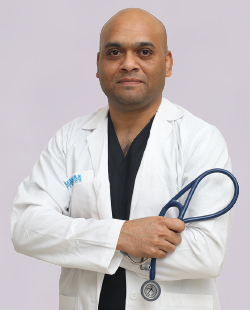
DR. VENKATA RAMANA K
Qualifications: MBBS, MD, DrNB
Occupation: Consultant Critical Care Medicine & HOD - Emergency Medicine
Education & Qualifications: - DrNB Critical Care Medicine from Krishna Institute of Medical Sciences, Secunderabad. - MD in Emergency Medicine from Kamineni Institute of Medical Sciences, Narketpally. - MBBS from MNR Medical College, Sangareddy.
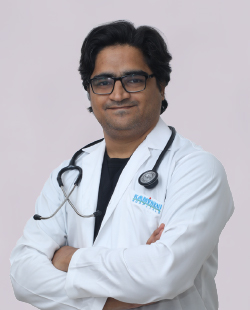
DR. SRINGALA DEVIJAN
Qualifications: MBBS, MD, DrNB
Occupation: Consultant Critical Care Medicine
Expertise: • Presently working as a Consultant Critical Care Medicine at Kamineni Hospitals, LB Nagar. • Worked as a Senior Resident in General Medicine Department in Osmania General Hospital ( 2016-2017).
Education & Qualifications: • DrNB from National board of Examinations, Indraprastha Apollo Hospitals, New Delhi ( Specialized in Critical Care Medicine). • MD Dr. NTR UNIVERSITY OF HEALTH SCIENCES, KAMINENI INSTITUTE OF MEDICAL SCIENCES, NARKETPALLY (Specialized in Emergency Medicine). • MBBS from Dr. NTR UNIVERSITY OF HEALTH SCIENCES, KAMINENI INSTITUTE OF MEDICAL SCIENCES, NARKETPALLY.
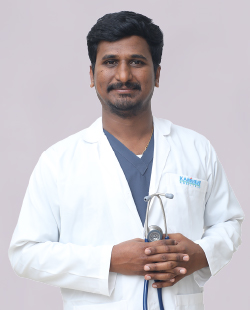
Dr. Pailla Naveen Reddy
Qualifications: MBBS, MD (Emergency Medicine),
Occupation: Consultant Emergency Physician
Expertise: • Acute Care Management: • Trauma and Injury Management • Trauma and Injury Care • ERCP & ECMO • Acute Pain Management • Trauma and Injury Care
Education & Qualifications: • MBBS – Chelmeda Institute of Medical Sciences, Karimnagar., 2012. • MD - Emergency Medicine at Kamineni Institute of Medical Sciences, Narketpally, 2018.
Publication & Certifications: • INDUSEM 2015 - 11th annual INDO-US world congress of emergency medicine, 30th SEP to 4th OCT, 2015 New Delhi. • EMCON 2015 - Emergency Medicine National conference conducted at novotel(hitex) on 6 November 2015. • Emergency Medicine state conference organised and conducted at kamineni institute of medical sciences, Narketpally.
Experience: • Present working as a Consultant Emergency Physician at Kamineni Hospitals, LB Nagar. • Worked as Senior Resident in Government General Hospital(GGH), Nizamabad, Telangana, India(Dec 2021 to Dec 2022). • Worked as Consultant in the Department of Emergency Medicine at AIG Hospitals, Gachibowli, Hyderabad, Telangana, India(June 2020 to Oct 2021). • Fellowship in Regional and Trauma Anaesthesia, from Ganga Medical Centre and Hospital, Coimbatore, Tamil Nadu, India (Oct 2019 to June 2020). • Worked as Registrar /Junior consultant in Yashoda Hospital, Secunderabad, Telangana, India(May-2018 to July 2019). • Worked as senior resident in AIIMS, Mangalagiri, Andhra Pradesh, India from April 2023 to April 2024.
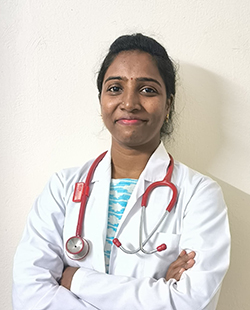
Dr. Gangisetty Savitha
Qualifications: MBBS, DNB (Emergency Medicine)
Occupation: Consultant Emergency Physician
Expertise: • Emergency & Critical Care Management • Trauma & Resuscitation • Point-of-Care Ultrasound (POCUS) & Airway Management • Multi-disciplinary Team Collaboration
Years Of Experience: 6+
Education & Qualifications: • DNB (Emergency Medicine) – Yashoda Hospital, Secunderabad (2017 – 2020) • MBBS – Government Medical College, Ananthapur (2009 – 2014) • Gold Medal in Biochemistry
Publication & Certifications: • Advanced Cardiac Life Support (ACLS) & Basic Life Support (BLS) • Emergency & Trauma Management • Critical Care & Intensive Monitoring • Medical Education & Training • Multi-disciplinary Team Collaboration • Clinical Research & Evidence-Based Medicine
Experience: • Presently Working as a Consultant Emergency Medicine at Kamineni Hospitals, LB Nagar, Hyderabad (Present) • Assistant Professor – Emergency Medicine Kamineni Academy of Medical Sciences and Research Centre, Hyderabad February 2024 – Present • Assistant Professor – Emergency Medicine, Mamata Academy of Medical Sciences, Hyderabad August 2022 – November 2023 • Senior Resident – Emergency Medicine, Mamata Academy of Medical Sciences, Hyderabad June 2021 – August 2022. • Junior Resident – Emergency Medicine, Mamata Academy of Medical Sciences, Hyderabad November 2020 – June 2021
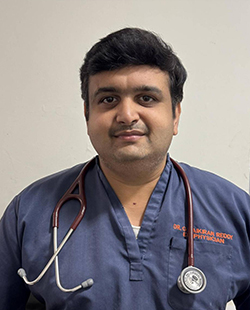
Dr. G. Saikiran Reddy
Qualifications: Senior Consultant Neuropsychiatrist
Occupation: MBBS, MD (Emergency Medicine)
Expertise: • Acute Care Management • Trauma and Injury Management • Trauma and Injury Care • ERCP & ECMO • Acute Pain Management • Trauma and Injury Care
Education & Qualifications: • MD - P.E.S. Institute of Medical Sciences and Research, Kuppam, (2018) • MBBS - SS Institute of Medical Sciences, Davangere (2014)
Publication & Certifications: • EMCON 2015 - Emergency Medicine Conference conducted at Chennai. • EMCON 2020 - Emergency Medicine Conference conducted at Hyderabad. • Instructor of BLS, ACLS, AMERICAN HEART ASSOCIATION (AHA) 2015. • Trained Anesthesia team doctors and ICU, DMO’s, Nursing induction classes for BLS & ACLS (AHA) 2020. • Attended Multiple Conferences as Speaker.
Doctor Talks

Patient Talks

Patient Overcomes Dengue & Organ Failure After Intensive Care
Media & News

Stay updated! Browse our Media & News releases for exclusive insights through our thoughtfully crafted press releases.



